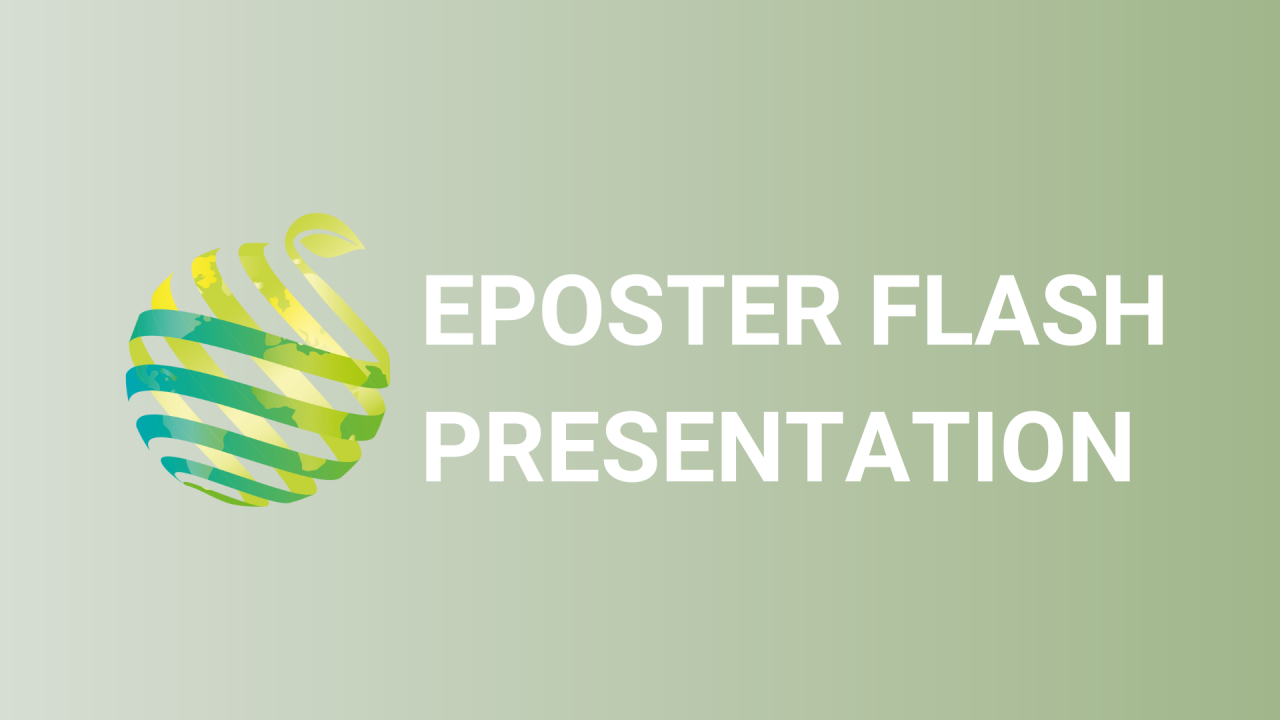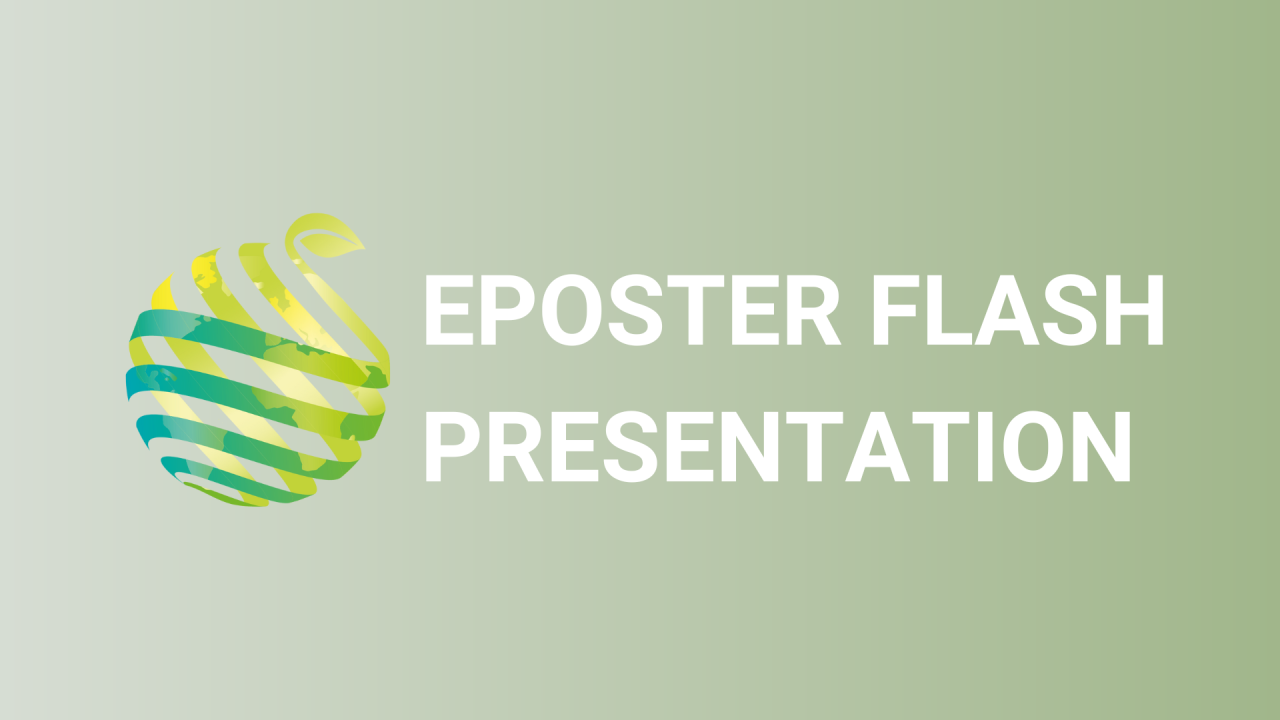

S01 - Session P9 - II - A major QTL conferring downy mildew resistance in Couve Algarvia (Brassica oleracea var. tronchuda Bailey) is located on chromosome 8
Information
Authors: Paula Coelho *, Jorge Carlier, Antonio Monteiro, José Leitão
Downy mildew, elicited by the oomycete Hyaloperonospora brassicae (Gäumann), ranks among the most destructive foliar diseases on Brassica crops, affecting very negatively the quality and the quantity of the final product. The implementation of a sustainable and ecologically responsible agriculture, abiding by the consecutively adopted strict legislation concerning the registration and use of pesticides and other pollutant chemicals, presupposes the continuous development of novel disease resistant cultivars that require the continuous identification and introduction of novel sources of genetic resistance. While downy mildew resistance at the cotyledon and adult plant stage are weakly correlated in Brassica oleracea L., 'Couve Algarvia' ( Brassica oleracea var. tronchuda Bailey) exhibits strong resistance at both development stages. Aiming to identify the genetic features that confer this downy mildew resistance, an F2 mapping population comprising 133 plants was generated by crossing an S3 line of this resistant genotype with a susceptible rapid-cycling double-haploid line. An accurate genotypic analysis of the downy mildew resistance was carried out for all F2 plants, assessing the plant/pathogen interaction among an average number of 11.6 plants per F 2:3 progeny. Bulked segregant analysis (BSA) was performed using large numbers of RAPD, ISSR, microsatellites (SSR) and BAC-end based markers. A major QTL that explained 40.96% of the observed plant/pathogen phenotypic variance, , was located on chromosome 8, where the downy mildew resistance gene Pp523 was located previously. We designated the new gene PpALG1 .